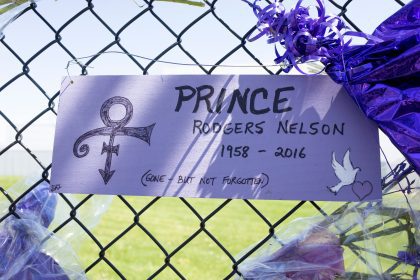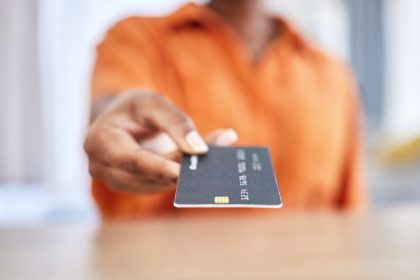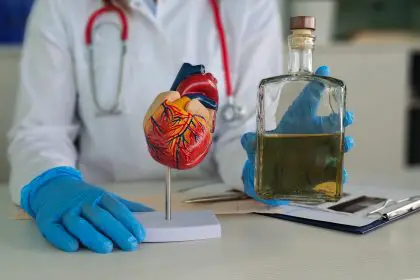
After being thrust into the limelight when it was revealed he discovered Prince’s body, Andrew Kornfeld has finally opened up about the tragic day that would forever change his life. In a new CNN op-ed, Kornfeld, a UC Santa Cruz graduate, confirmed he was the “pre-med student who flew out to Minneapolis to help Prince find the road to recovery but who ended up calling 911 instead.”
On Thursday, June 2, the Midwest Medical Examiner’s Office revealed the Purple One’s death was caused by “fentanyl toxicity,” an accidental overdose of a painkiller. Adding that the opioid was administered by the late legend himself.

“Believe me, nothing can prepare a person to walk into such chaos and sadness,” Kornfeld wrote. “As I told the 911 dispatcher on April 21, those on the scene were distraught, which was why I was the one to place the call.”
Revealing how his father Dr. Howard Kornfeld (who reportedly sent his son to treat Prince) taught him about biology and health, Kornfeld continued, “He taught me that health is the foundation to all else, in regard to human life.”
In the piece — which highlights the importance of medical interventions for those dealing with opioid dependence and addiction — Kornfeld noted he “saw just how good a friend” the “Little Red Corvette” singer was “to those closest to him.”
“Unfortunately, the timely care Prince may have needed, based on the medical examiner’s report, has been difficult to obtain in Minnesota, and in many states in our nation,” wrote Kornfeld, who recently revealed he plans to apply to medical school. “What if my father and [I] had been able to reach Prince just a week earlier, like so many others we have helped take back their lives? Prince could have been here, standing on the beach beside me.”
Unfortunately, these are questions that will remain unanswered. According to the Mayo Clinic, the U.S. is in the midst of an opioid overdose epidemic. The pain killers are mainly prescribed to treat acute pain. With prolonged use, pain-relieving effects lessen and pain can worsen — causing the body to develop a need for a higher dosage. “Symptoms of addiction include uncontrollable cravings and inability to control opioid use even though it’s having negative effects on personal relationships or finances,” reads an excerpt from the Mayo Clinic’s website..
If you or someone you know needs help, effective treatment is available and as Kornfeld stressed, can save lives. For more information on opioid addiction, click here.
















